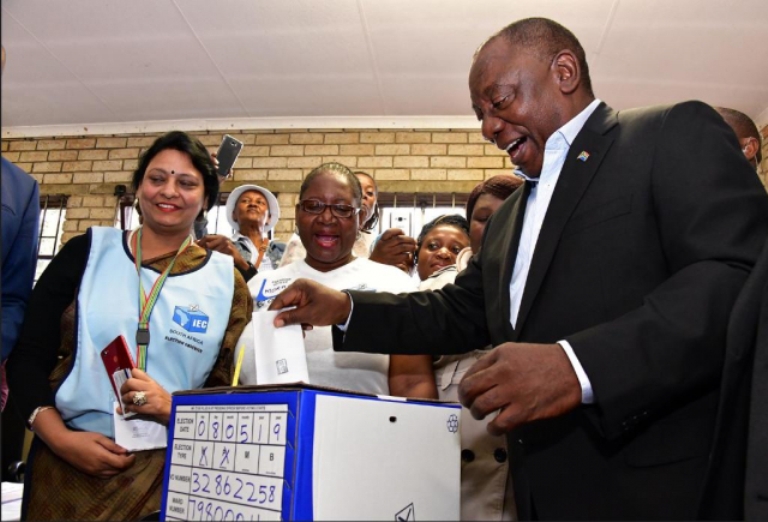
Stats SA Reveals “Negligible Risks” of Double Voting in Recent Elections
Statistician-General Risenga Maluleke has revealed that the risks of double voting during the 2019 National and Provincial Elections were “negligible”. The findings are contained in the final report that was based on a sample of voting stations. The Independent Electoral Commission (IEC) in a statement said the report was intended to act as an addition […]

Statistician-General Risenga Maluleke has revealed that the risks of double voting during the 2019 National and Provincial Elections were “negligible”.

The findings are contained in the final report that was based on a sample of voting stations. The Independent Electoral Commission (IEC) in a statement said the report was intended to act as an addition to the set of internal validations already applied by the Commission in determining the freeness and fairness of the election, based on the likelihood of multiple voting.
“This validation exercise was conducted independently by Statistics South Africa based on voting station results data from 1 020 voting stations,” the IEC said in the statement.
The selected voting stations provide a statistically reliable sample of voting around the country.
The sample size was selected to provide a very high degree of reliability, with a 3% margin of error, the IEC said.
“The analysis compared the occurrence of Section 24A votes in a voting district to the mean number of Section 24A votes in the ward. If the Section 24A votes in a voting district were significantly higher than instances of Section 24A votes in the ward, this would be flagged as an indicator of potential deviation from the voting process,” the Commission said.
The Commission said it is satisfied that the use of Section 24A voting was consistent with previous elections and showed a significant deviation from the pattern in only a tiny number of voting stations in the sample (13 out of 1 020 or 1.27%).
Section 24A of the Electoral Act states that voters are allowed to vote at any voting station in their province during National and Provincial Elections.
“Even in these isolated instances, the Commission is satisfied that the trend compares favourably with previous voting patterns in voting stations with low registration levels,” the IEC said.
The Electoral Commission thanked Maluleke and his team at Statistics South Africa for the independent validation. The final report of the Statistician-General has been provided to all contesting political parties.
Source: SAnews.gov.za
